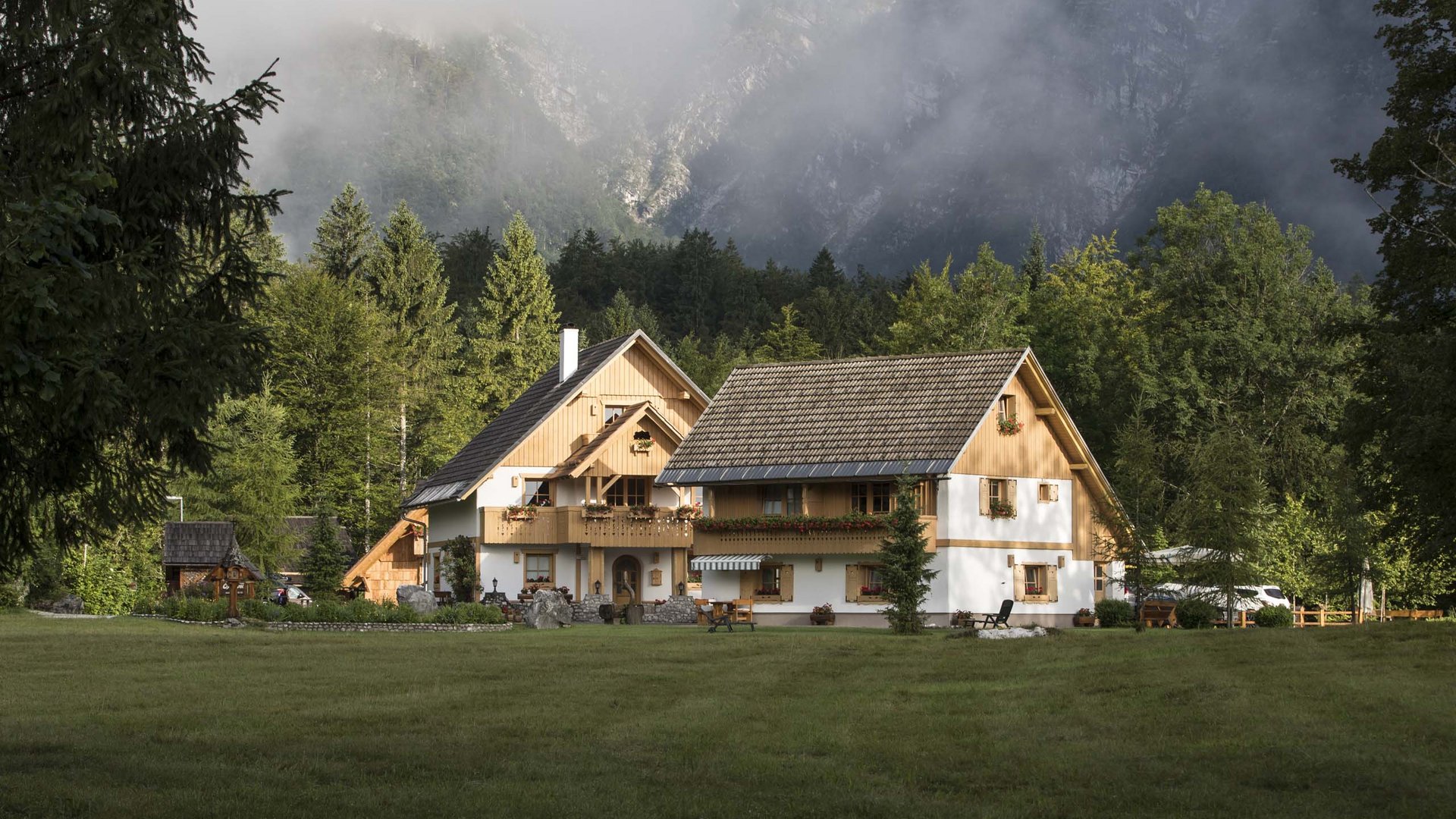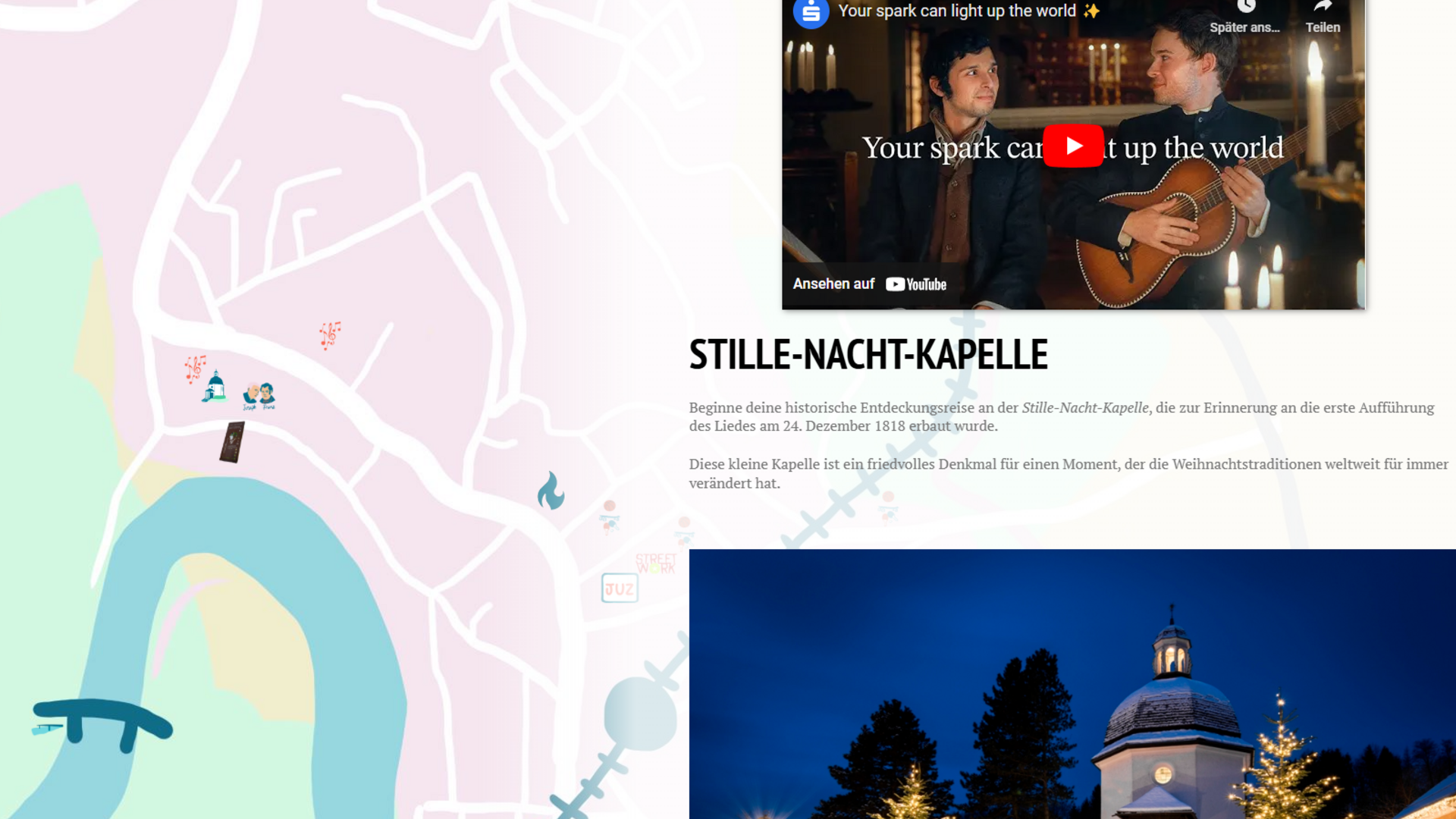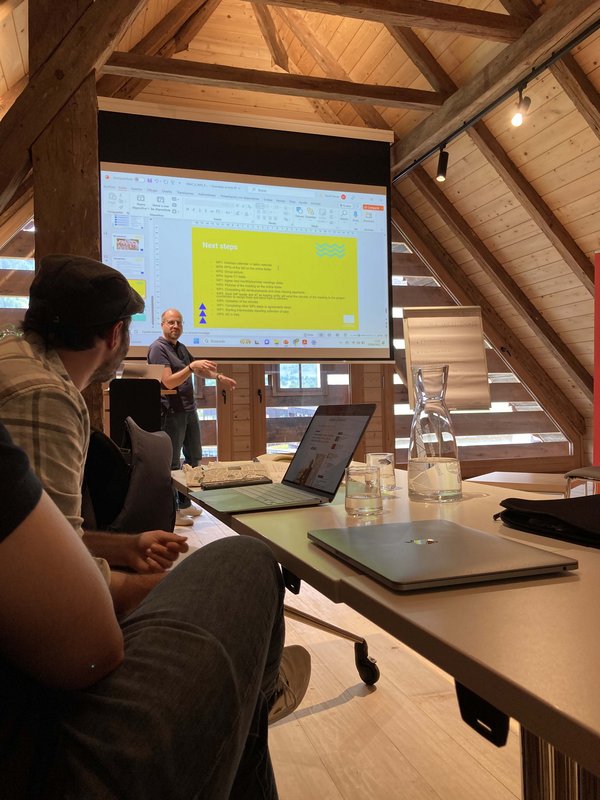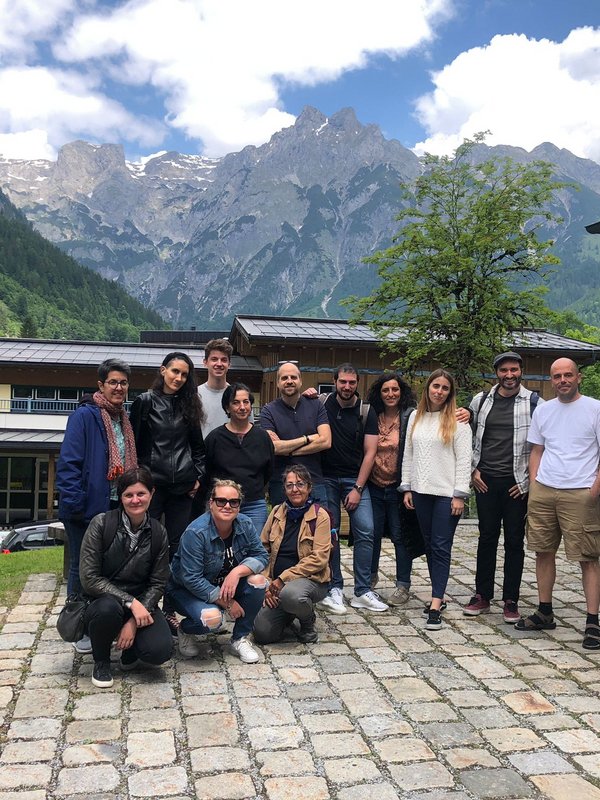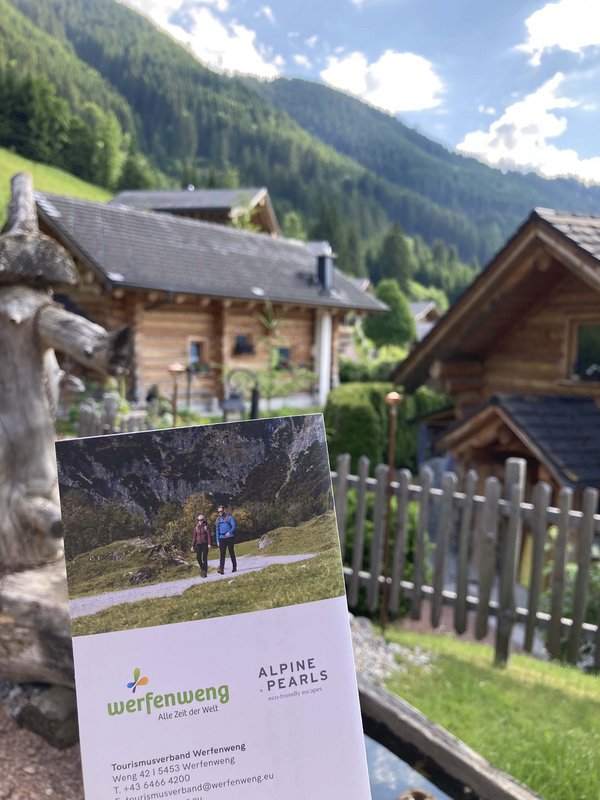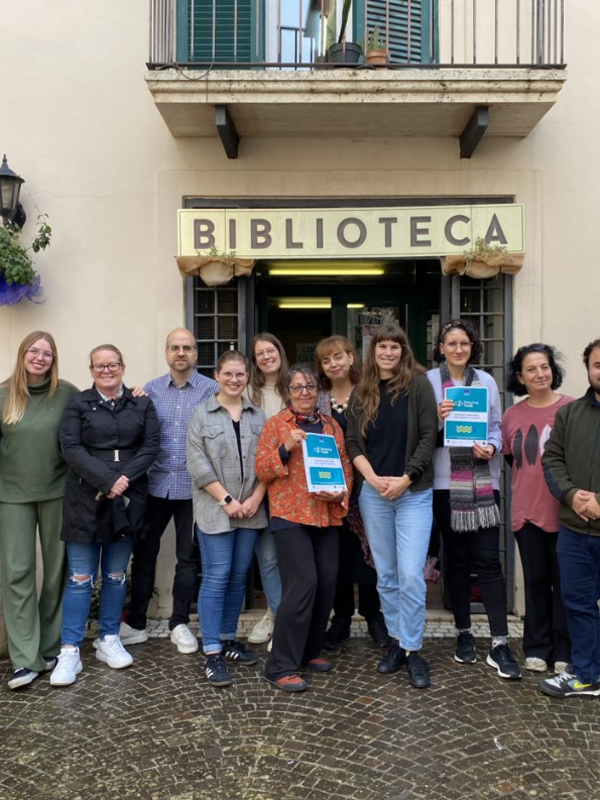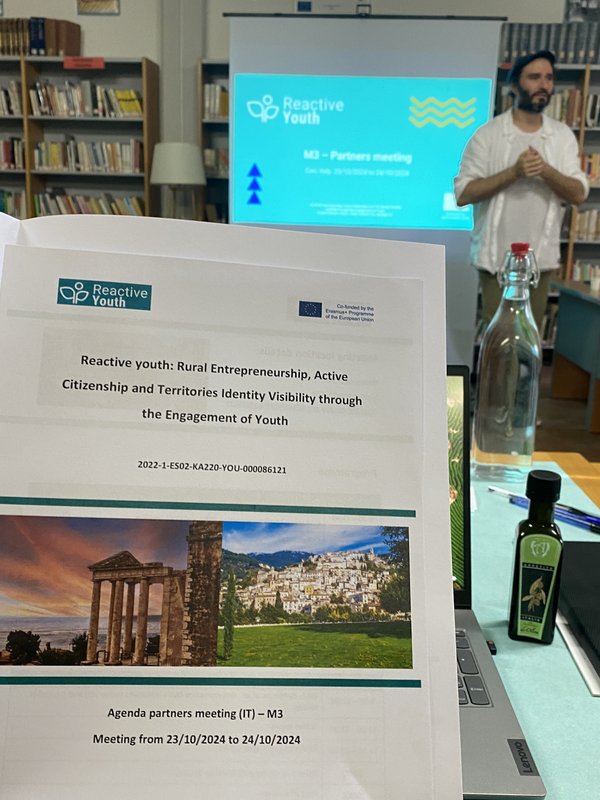Reactive Youth


Reactive Youth
In the "Reactive Youth" project, the EGTC Alpine Pearls is working with 7 partners from Europe in favour of a bottom-up approach to improving the development of rural areas through the networking of young people and social actors in rural areas.
Rural Entrepreneurship, Active Citizenship and Visibility of Territorial Identity Through Youth Engagement
The project aims to empower young people living in rural areas to transform their communities towards more sustainable social and economic models. By promoting their civic engagement and structured dialogue with social actors, young people can bring their creativity and entrepreneurial spirit to create employment and training opportunities in their regions by exploiting their natural and cultural wealth, contributing to their growth and halting their depopulation.

An Overview of the Project Outputs
Available for Free Use
Youth participation is a joint task: In the project Reactive Youth, Alpine Pearls worked together with six partners from Europe on helpful methods and support tools that decision-makers and youth workers can use to give young people in rural areas a greater voice and a say.
Data was collected in all pilot regions and the challenges in the area of youth participation were identified. These findings on the needs and wishes of young people were then summarized and recommendations were derived from them. The policy brief contains strategies for inclusion in decision-making processes and suggestions on how decision-makers, local authorities and civil society organizations can improve and promote youth participation in rural areas.
This toolkit contains concrete workshop plans and suggestions for activities that can be easily applied in rural communities and are tailored to the needs of youth workers and educators. They promote the quality of youth care and inclusion in these regions and aim to foster active participation of young people, innovation and creativity in the youth sector and to strengthen a sense of citizenship and belonging at local, regional and EU level.
The third important result of our project are the so-called identity maps, which will be present in the communities as physical maps and also address certain topics in digital form and as a multimedia supplement. They were created together with the young people and, on the one hand, reflect the young people's view of their home communities and, on the other, are intended to show other young people a new perspective on the places and encourage creativity and a change of perspective.

Policy Brief


Toolkit for Youth Workers




